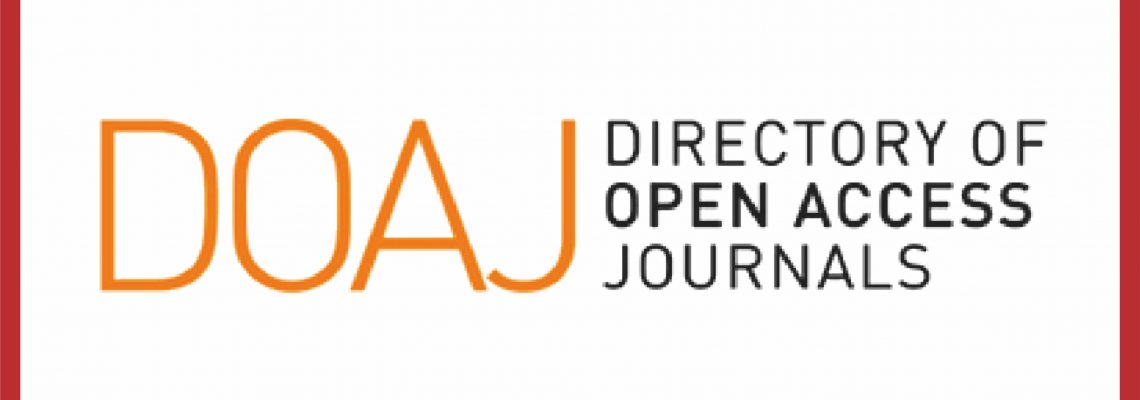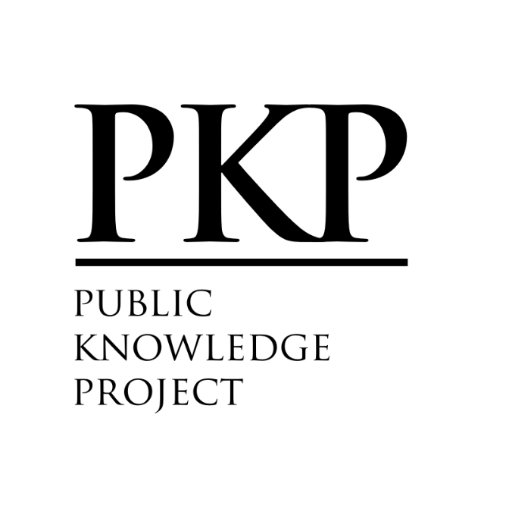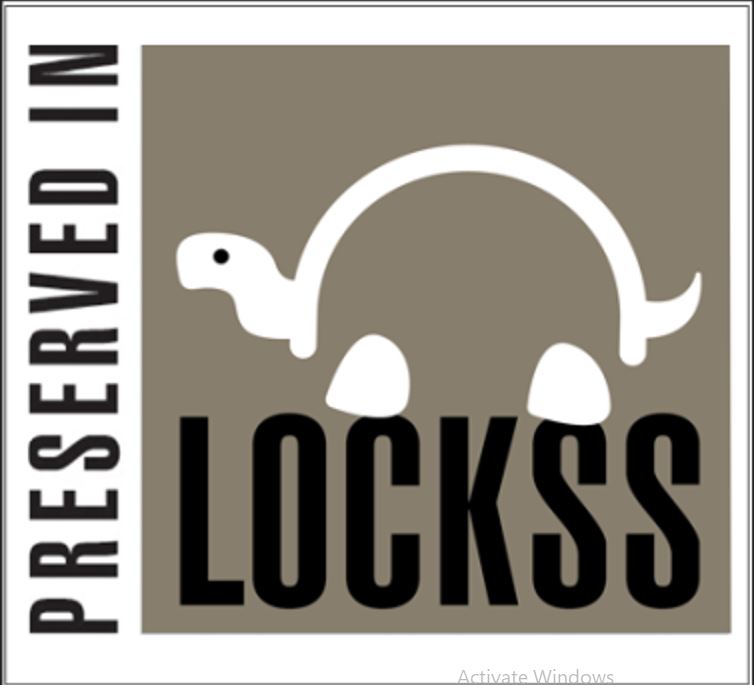Do Anti-Epilepsy Drugs Increase Suicide Ideation Risk In Epilepsy Patients?
DOI:
https://doi.org/10.55279/jafmdc.v5i1.238Keywords:
Suicide Ideation, Suicide Risk, Epilepsy, anti-Epileptic DrugsAbstract
Objective: To determine the frequency of suicide risk within first six months after starting anti-epilepsy treatment.
Methodology: This Descriptive cross-sectional study conducted at department of Medicine, Jinnah Hospital Allama
Iqbal Medical College Lahore Pakistan from January 2019 to January 2020.The Scale of Suicidal Ideation (SCI)consists of 19 items which were used to evaluate patients’ suicidal intentions and to monitor patients’ response tointerventions over time. Patients with diagnosed psychiatric illness such as depression and schizophrenia, past historyof suicidal attempts and patients with poor drug compliance were excluded. After informed consent, 140 epilepticpatients, who had been recently started on anti-epilepsy medicines, aged 20 to 55 years of both gender were enrolled using non-probability consecutive sampling technique. Demographic information and detailed medical history were noted and patients were assessed for suicide risk using the Scale of Suicidal Ideation (SCI). All data was recorded and analyzed using SPSS version 23.0.
Results: Mean age was 28.9±6.3 years with 104 (74.3%) males and 36 (25.7%) females. Sixty-eight (48.6%) patients belonged to low socio-economic status whereas 29 (20.7%) and 43 (30.7%) patients were from middle and high Socio-economic Status respectively. Sixty-eight (48.6%) patients were illiterate while 42 (30.0%) and 30 (21.4%) patients had educational status of up to matriculation and graduate or above respectively. In the present study, 46 (32.8%) patients had suicidal ideation with low socio-economic status (p-value 0.013) and illiterate educational status (p-value 0.002) having statistically significant association with suicidal ideation.
Conclusion: Suicidal ideation was seen in almost one-third epilepsy patients on anti-epileptic drugs with low socioeconomic status and illiterate educational status being significant risk factors
Downloads
Published
How to Cite
Issue
Section
License
Copyright (c) 2023 Fahmina Ashfaq , Nauman Ismat Butt, Muhammad Bilal Rasheed, Muhammad Sohail Ajmal Ghoauri, Huma Afzal , Malik Shahzad Tariq

This work is licensed under a Creative Commons Attribution-NonCommercial 4.0 International License.
You are free to:
- Share — copy and redistribute the material in any medium or format
- Adapt — remix, transform, and build upon the material
- The licensor cannot revoke these freedoms as long as you follow the license terms.
Under the following terms:
-
Attribution — You must give appropriate credit, provide a link to the license, and indicate if changes were made. You may do so in any reasonable manner, but not in any way that suggests the licensor endorses you or your use.
-
Non Commercial — You may not use the material for commercial purposes.
-
No additional restrictions — You may not apply legal terms or technological measures that legally restrict others from doing anything the license permits.













